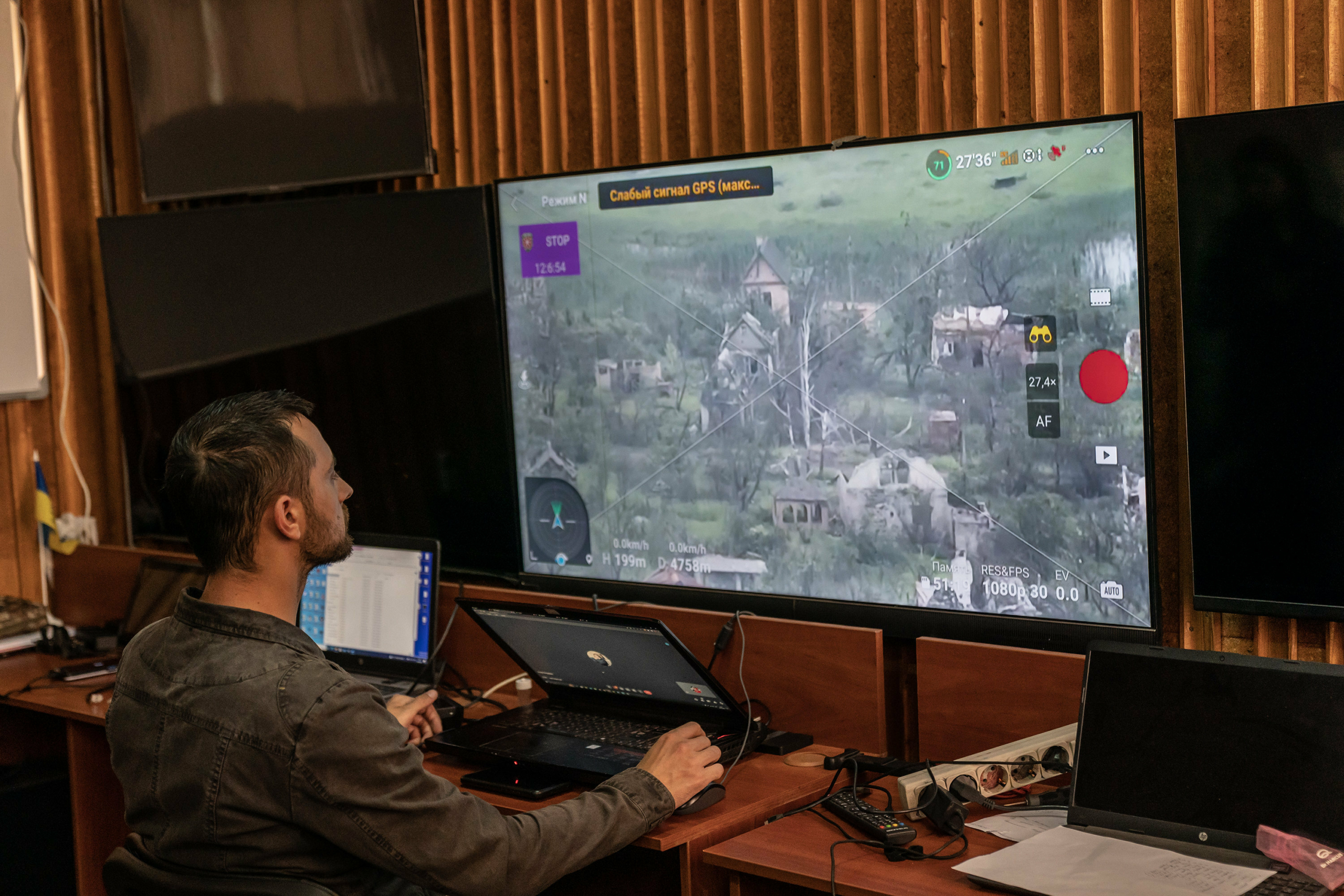Ukrainian government Warns of Rising Online Attempts to Recruit Teenagers for Sabotage
Ukrainian government officials have raised a serious warning about a growing pattern of teenagers being contacted online and persuaded to carry out sabotage operations inside Ukraine. Investigators say the approach is simple: teenagers looking for online work are being lured with large payments and vague promises, only to be guided toward tasks that include surveillance, arson, and planting explosive devices.

The issue became clearer when authorities uncovered multiple Telegram networks offering money to young users in exchange for actions that directly target Ukrainian infrastructure and military facilities. Officials stress that the scale is wider than initially understood, with digital platforms being used to reach young people who may not recognise the full consequences of what they are agreeing to.
The case has alarmed both security agencies and families, as it shows how quickly a teenager can be drawn into dangerous tasks by people who hide behind anonymous online identities.
Ukrainian government Highlights the Case of a Teenager Drawn Into a Sabotage Attempt
A recent incident drew significant attention after a 17-year-old from Ukraine joined two Telegram channels in search of remote work. Within minutes, a handler reached out promising a large payment for a task that was framed as simple but carried serious consequences. According to investigators, the teenager was offered around $2,000 to place an explosive device inside a van used by the country’s military conscription service. The handlers used coded language, avoided direct explanations, and did not reveal their real identities.

What the teenager believed was paid “assistance work” was in fact an organised sabotage attempt. Security officials had already been monitoring the channels and intervened before the attack could occur. Now 18, the young man faces charges under terrorism laws, and the legal outcome may carry a long prison sentence. The situation reflects how quickly a search for income can pull an inexperienced person into actions that threaten national security. Ukrainian agencies note that the teenager’s case is not isolated but part of a pattern of attempts to exploit minors.
Ukrainian government Points to Suspected Intelligence Links Behind These Online Handlers
The Ukrainian government has publicly identified individuals linked to foreign intelligence services whom they believe are directing these online recruitment schemes. Officials say the handlers operate through disposable accounts, frequently change usernames, and avoid discussions that could directly expose their roles. According to security sources, the motive is clear: using inexperienced young people reduces the operational risk for those managing the attacks. Teenagers often do not have criminal records, and their online activity blends in easily with regular digital behaviour.

Security agencies emphasise that this method shifts the burden onto those who are least prepared to understand the consequences. The approach also allows handlers to vanish quickly if a teenager is caught or monitored. Ukrainian officers note that the digital environment makes it easy for these networks to spread instructions and target young people in vulnerable situations. The involvement of suspected intelligence operatives has raised concerns internationally, especially among countries monitoring similar tactics in conflict zones.
Ukrainian government Notes How Social Media Platforms Are Being Used to Reach Young Users
Another issue the Ukrainian government highlights is the use of social media channels and messaging apps as the primary tools for recruitment. Officials say the platforms offer anonymity and fast communication, making them ideal for spreading tasks and instructions. Recruitment posts may be disguised as freelance work, courier tasks, or simple paid assistance.
View this post on Instagram
In many cases, teenagers accept the offer before understanding the real purpose behind it. By the time they recognise the nature of the work, security agencies may already be involved, and legal consequences become unavoidable. Authorities stress that many teenagers do not identify these tasks as part of a larger strategy. For security officials, this pattern shows the need for stronger digital education and monitoring, as well as clearer communication to families about how common these attempts have become. Also Read: Parineeti Chopra: 1 Heartfelt Reveal That Has Captured Everyone’s Attention
Conclusion
The Ukrainian government continues to warn about the growing trend of teenagers being drawn into sabotage through online recruitment. The recent cases reveal the scale of the issue and the need for constant vigilance as digital platforms make targeting young people easier than ever.

